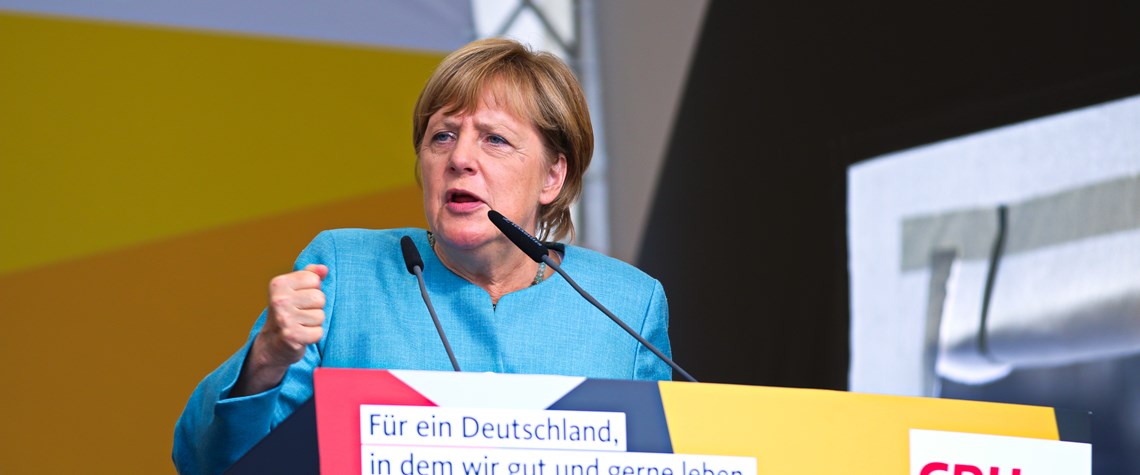Germany’s Energiewende blowin’ in the wind
The direction of the country's energy transition policy remains unclear following the general election
Germany's federal elections on 24 September saw no changes at the top as Angela Merkel retained the Chancellorship. But the nature of the country's future energy policy will be shaped by the horse trading currently taking place to decide which parties will be in the ruling coalition. To govern, Merkel's centre-right Christian Democratic Union needs to form a coalition with one or two of a handful of smaller parties. That involves trying to get politicians with diverse views on board—probably the leaders of the Greens and the Free Democratic Party. Those talks have barely started, with the CDU still struggling to agree the common policy platform with its sister party in Bavaria, the Christian

Also in this section
3 May 2024
Upcoming elections are likely to deliver a win for the party of president Andres Lopez Obrador, but analysts differ over to what degree his successor will stick to his energy policies
2 May 2024
Faster-than-expected economic growth fails to mask macro imbalances and shifting structural oil product trends
1 May 2024
Energean CEO Mathios Rigas looks to results of critical Anchois appraisal well
30 April 2024
While its regional neighbours reap the rewards of oil and gas success, Iraq’s hydrocarbons sector is lagging behind







